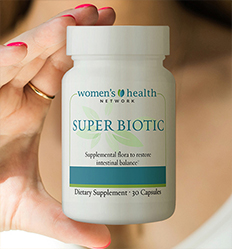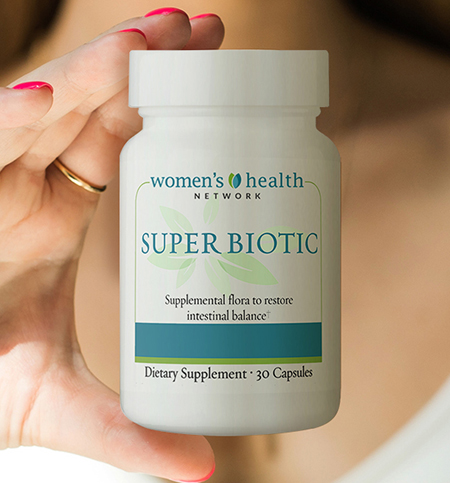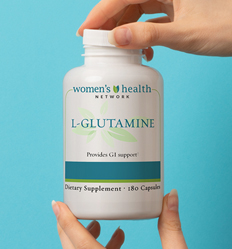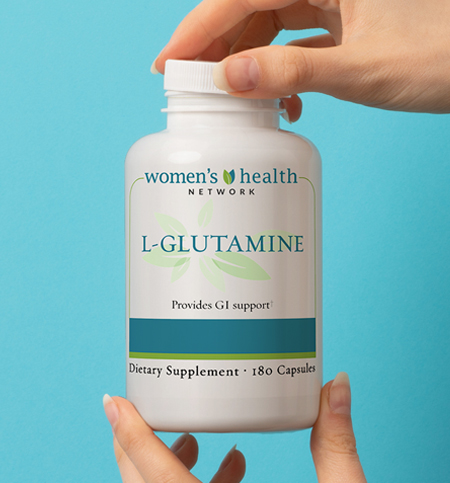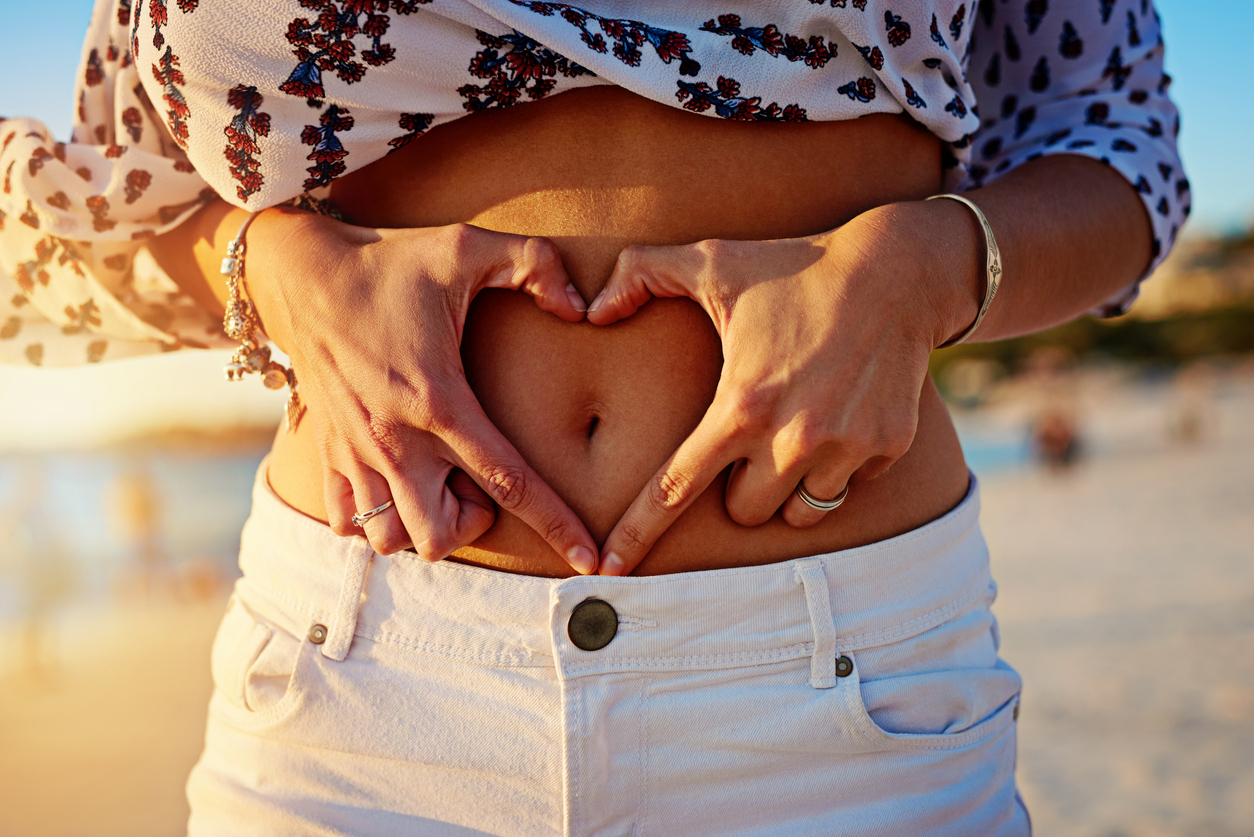Authored by Dr. Amber Hayden, DO
How long has it been since your digestion has felt right? Are you at the point where gas, bloating, fatigue after meals, loose stools — and the anxiety that go with them — are starting to feel normal? Then you’re at a crucial crossroads. These symptoms are signs that your digestive system is failing to process the food you eat. If you don’t act soon, the problem will get worse, perhaps with even more significant consequences.
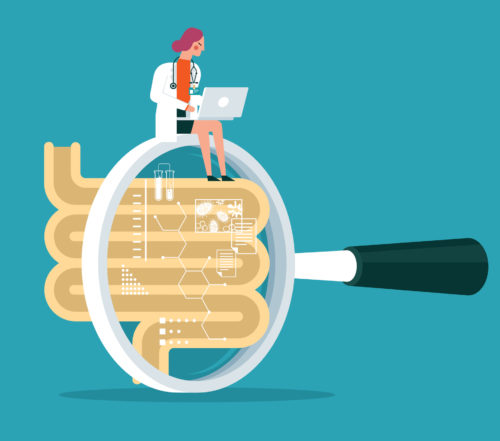
When you aren’t fully digesting your food, you feel awful — but it also means that your body cannot absorb necessary nutrients. You’re also setting yourself up for food sensitivities and more intestinal trouble because your digestion is moving closer to the condition known as “leaky gut.” Your symptoms are telling you it’s time to stop your downward digestive spiral and heal your gut.
You’ll be amazed at how much better you’ll feel when your food is digested properly.
You’ll experience stronger nails, more radiant skin and hair, and much more energy. Best of all you will be on your way to being — and feeling — much healthier.
What is leaky gut syndrome?
Leaky gut syndrome continues to be a bit of a mystery to physicians and researchers. It is thought that chronic insults to the digestive tract caused by processed foods and stress lead to recurrent inflammation, which then starts to break down the intestinal lining of the digestive tract.
Particles of undigested food can then get through the compromised lining to begin circulating in your system. That sends a red alert to your immune system, which acts on these foreign particles with even more inflammation, causing food sensitivities, impaired digestion and ultimately those uncomfortable symptoms you have today. Learn more about leaky gut and other symptoms it can cause.
Roots of digestive distress
Though digestive trouble can arise from a variety of sources (emotional tension, nervousness, genetics and more) your symptoms may stem from one of three of these common root issues:
- Hidden food sensitivities — including those to 7 key offenders,
- Damaged intestinal lining,
- Shortage of good bacteria.
Many women don’t realize they’re sensitive to certain foods that may actually be the source of their digestive symptoms. When these foods are eaten over and over again, your body builds an immune response to these foods interpreting them as foreign invaders. This leads to localized changes to the protective lining in your gut, setting you up for even more sensitivities and further symptoms. Additionally, chronic stress can play a role, lowering the amount of “good” bacteria in your gut, which contributes to poor breakdown of food and even more digestive distress.
The fact is your digestion is the center of your health. If you aren’t addressing problems there, you’ll pay the price with your own wellness. Even when you eat good-for-you foods, if your digestive system isn’t breaking down and absorbing the nutrients in those foods, your body can’t get the basic nutrients it needs to keep you healthy.
Take action today to heal your gut with our simple and effective 4-step plan.
(Adapted from the Institute of Functional Medicine’s recommendations)
1. Remove common food offenders
There are seven foods most commonly to blame for upsetting digestion: gluten, dairy, soy, eggs, peanuts, corn and citrus fruits. Try removing these foods from your diet for two weeks to see how you feel. The spring and fall are the best times to try this type of “elimination” diet, because it clears out toxins while repairing and renewing the intestinal lining. We’ve developed an elimination diet that walks you through this process and provides great tips and recipes as well.
2. Reinoculate with healthy bacteria
There are millions of bacteria in the gut, both good and bad. These little organisms help better break down our food and vastly improve digestion. And they even produce their own nutrients, especially B vitamins. But Dr. Elizabeth Lipski, author of Digestive Wellness, explains that, “Because [healthy bacteria] do not permanently stay in the gut, we need to get them either from our foods, such as yogurt or kefir, or use a supplement.” A good probiotic supplement with at least 5-10 billion organisms per dose can support your belly. Our Super Biotic is formulated with three different strains of healthy bacteria, supplying 15 billion organisms per dose.
3. Repair the intestinal lining
The cells in your gut regenerate relatively quickly. But you can spur the healing process with foods and supplements like kiwifruit, zinc and glutamine. Dr. Lipski explains that, “Glutamine is the preferred food of the cells of the small intestine.” L-glutamine is particularly useful when it comes to maintaining the structure of the intestine and it’s even been shown to repair damage done by chemotherapy and radiation. We offer L-glutamine to aid in the healing of the intestinal lining.
4. Regulate what you eat and when
After completing an elimination diet, you’ll have a much better idea which foods might be upsetting your digestion. Once you know, you should limit how much of these foods you eat. We recommend avoiding trigger foods for one to three months if they still cause symptoms after the reset period. Once they don’t generate a reaction, you may try to introduce them again, but allow 3-4 days between servings. This gives your system time to repair.
Heal your gut and stay beautiful — inside and outside
Every step you take to heal your gut has a positive ripple effect on your overall wellness. Poor digestion is linked to premature aging, nutritional deficiencies and related illnesses, food allergies and more. Now is the perfect time to get rid of disturbing and embarrassing symptoms and reset your digestion. Start today with the healing support of L-glutamine. The sooner you heal your gut, the better.







